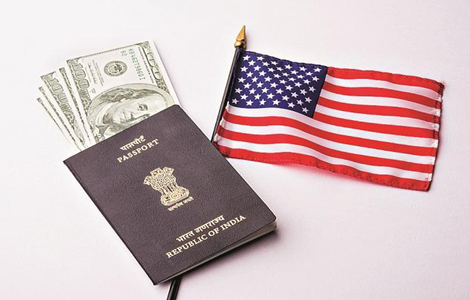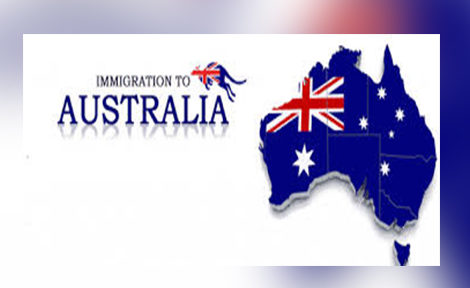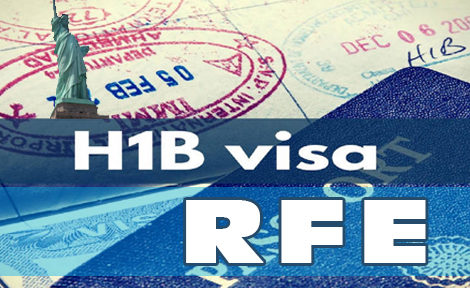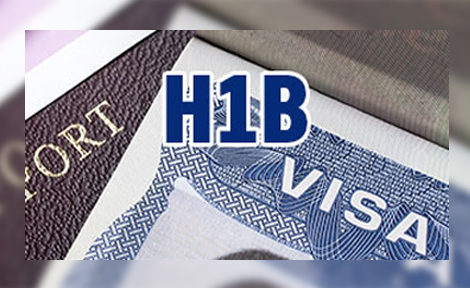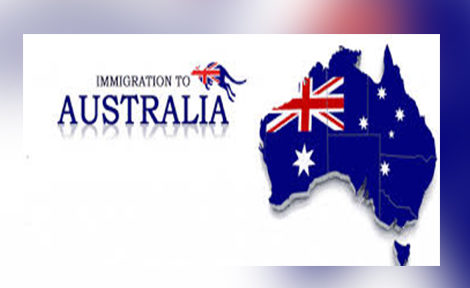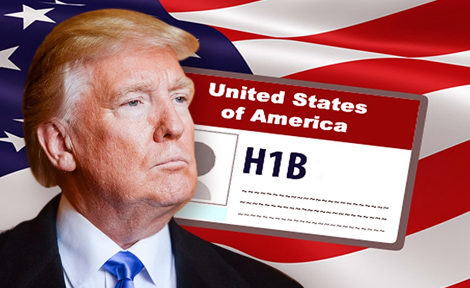Trump immigration officials announced they would expand the suspension of premium processing for H-1B petitions. The stipulations included that no H-1B petition filed on behalf of an employee changing employers or location with the same employer are eligible to be filed with premium processing, which business professionals have relied upon in previous years. The result has been a slow down in processing. The suspension appears to be in effect only until February of 2019 however.
Then on November 19th, 2018 the U.S. Department of Labor began requiring that employers of H-1B applicants use a new Labor Condition Application form (LCA), ETA 9035. Critics claim the new form is designed to elicit internal information from employers and increase government pressure upon H-1B employed companies, with the intended possibility of negative attention from the press. The new labor conditions could deter tech companies from hiring skilled graduates abroad lest they fork out too much in annual wages, and could compel them to “hire American” in line with Trump’s new order. Alternatively, if companies cannot source adequate American-born employees, the new conditions may result in selected foreign employees being appointed at much higher salaries. The true effects of this new LCA form have yet to be seen.
From the perspective of both foreigners and international students, the uncertainty of such U.S. policies and denials, can be overwhelming. These U.S. restrictions impact Indian and Chinese nationals most because they account for the vast majority of these visas. For example, they accounted for 82 per cent of H-1B visas in 2016. Indian workers specifically are known to specialize in IT-related jobs, helping fill the gaps in the tech industry.
However, not all U.S. initiatives regarding H1B visas have necessarily been bad. A change in the way the USCIS conducts its lottery may benefit some H1B applicants. In particular, international students graduating from US colleges with master’s degrees (and other advanced degrees) may soon have a much better chance of receiving an H-1B visa in the United States. The proposed new policy changes the rules of the lottery system used to determine who will receive the H-1B visa as follows.
source:https://www.forbes.com/sites/andyjsemotiuk/2019/01/02/recent-changes-to-the-h1b-visa-program-and-what-is-coming-in-2019/#cf8ec14a81f9

